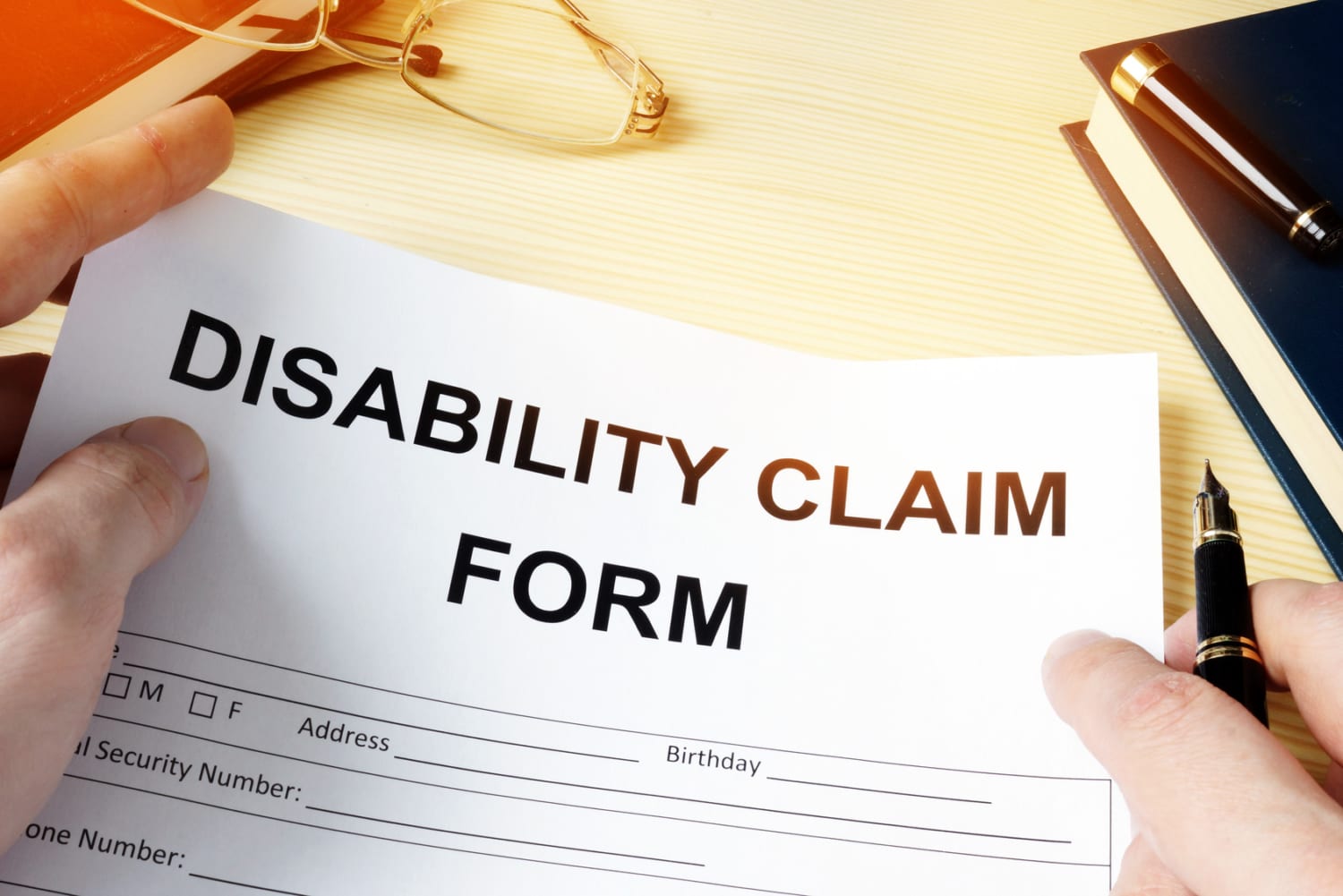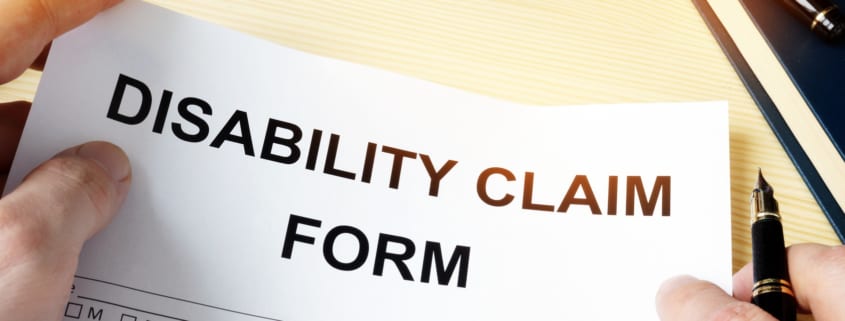Individual Short-Term Disability Insurance Plans: A Good Bet for the Self-Employed

Individual Short Term Disability Insurance
What would happen if your nagging cough turned into bronchitis or a slip in the bath tub threw out your back? If you have a job, you might be able to dip into your accrued vacation or sick-leave time to cover your expenses while you recover from an illness or injury. You might even have short-term disability insurance provided by your employer. But if you’re self-employed you’re on your own. Rather than raiding your savings or racking up credit card debt, look into affordable individual short-term disability plans.
Statistically, if you’re between the age of 35 and 65, you are at risk of a disability that will keep you from working for 90 or more days; one in every three workers is. The older you get the greater that probability becomes. If you’re self-employed, you don’t have Workers Compensation and, if you’re similar to 80% of the U.S. population, you’ll wipe out your savings in about 60 days. But, if you have short-term disability insurance, depending on your plan, you’ll get a check equaling a percentage of your regular salary every month you’re disabled. For the self-employed, many policies limit benefits to 50 or 60% of gross income. Still, that’s a lot better than nothing or borrowing short-term money at a high interest rate.
Self-employed Disability Insurance Rate Factors
If you are self-employed, especially as a sole proprietor with no employees, you may not issue yourself a pay check, so it’s vitally important that you keep detailed records of your income. Should you need to file a claim, you’ll be able to provide the documentation your short-term disability coverage company will require.
Your premiums for a short-term disability insurance will depend on several factors. Typically, a short-term disability policy pays benefits for a set time period, such as one to two years. The longer the benefit period you select, the higher your premium will be.
Another cost factor will be the waiting period from the time you buy your short-term disability insurance policy and the time you can file a claim. The longer the waiting period you’re willing to accept, the less money you’re likely to pay for your policy.
Your occupational class will also affect how cheap your short-term disability insurance is. If you are in a high-risk category (a roofer or high-rise window washer, for example), you can expect to pay higher premiums.
Key Takeaways
When looking for short-term disability insurance policy quotes, be sure to compare exclusions and limitations, and make sure that your policy includes a guaranteed or non-cancelable clause. This will ensure that as long as you pay your premiums in a timely manner, your policy will be automatically renewed.

 EINSURANCE
EINSURANCE